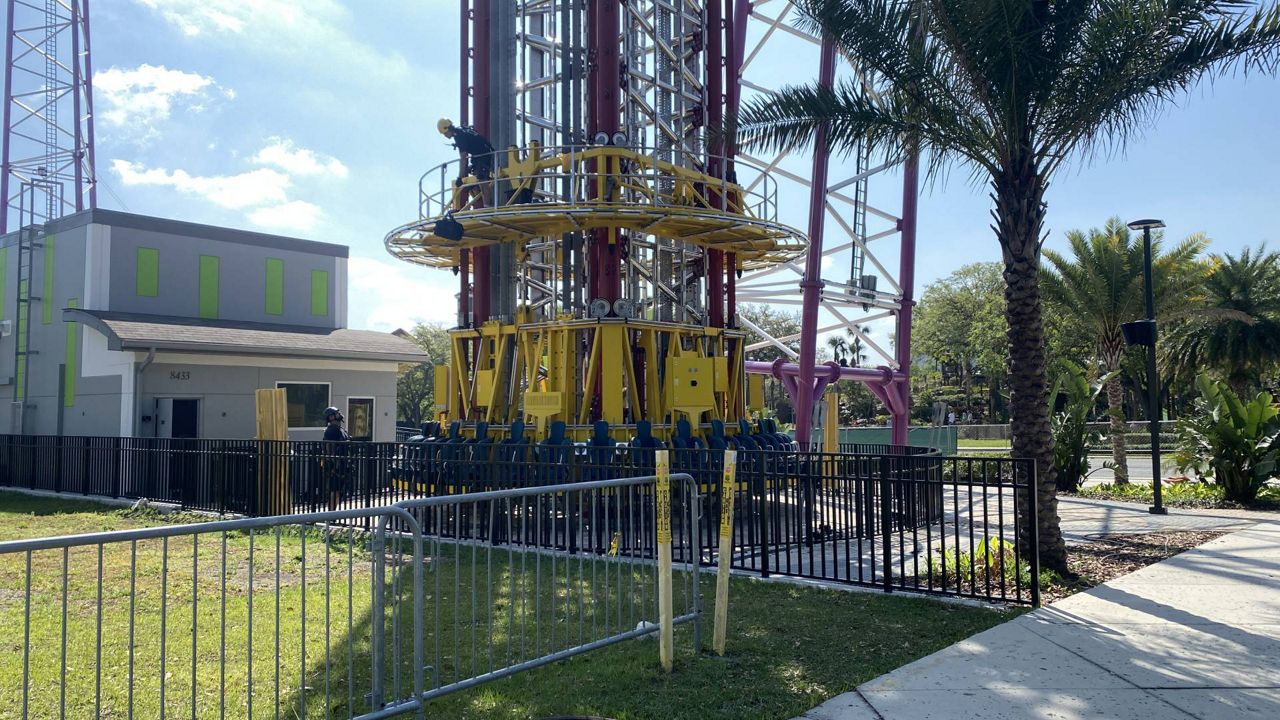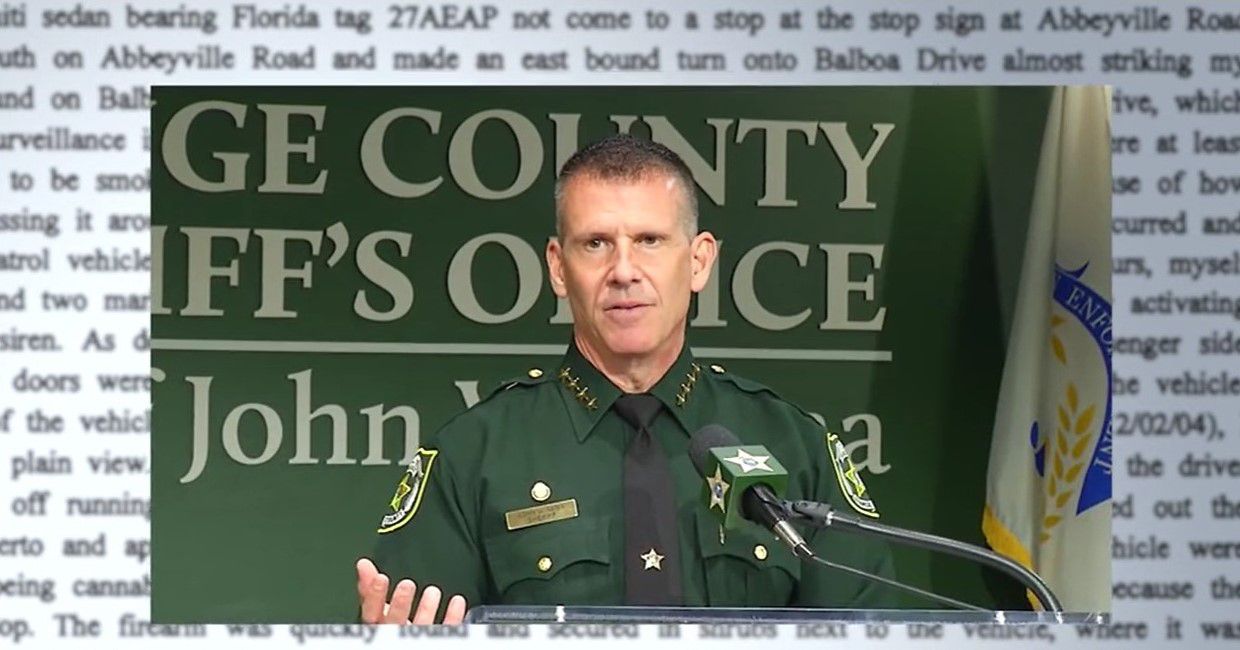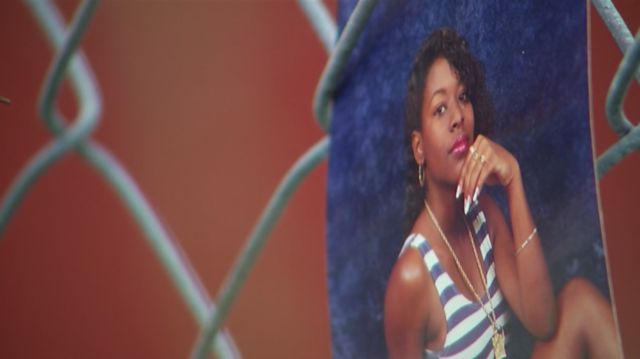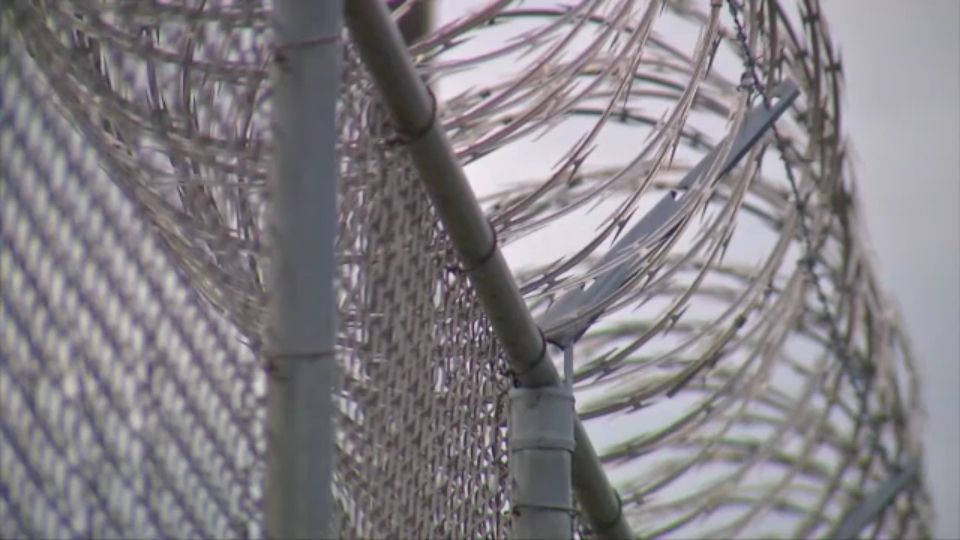ORLANDO, Fla. -- Handing out clean needles and other drug paraphernalia to drug users as a way to prevent diseases spreading through drug users sharing needles. It’s a controversial concept now underway in Miami, as part of the IDEA Exchange Pilot Program run by the University of Miami.
- Lawmakers approve clean needle exchange program
- Drug users could exchange dirty needles for clean ones
- Bill now sits on Gov. Ron DeSantis' desk
- RELATED: Needle exchange program would allow swap of dirty syringes
HIV and Hepatitis C cases are on the rise across Florida. In fact, Orlando has the highest number of new HIV cases in the state.
Lawmakers are now considering a bill that would, in part, allow drug users to exchange their used needles for new ones.
The Senate and the House have already passed a version of the bill. The bill now sits on Gov. DeSantis' desk. If he signs it signs it, this pilot program could be what is implemented in Central Florida.
Florida has very strict drug paraphernalia laws. In fact, it’s illegal for someone to carry a syringe without a prescription. But the drug users who enroll in the IDEA Exchange program are not only allowed to carry needles, they’re given new ones to use.
The clinic is located in the Overtown neighborhood in Miami, an area known for drug use.
Joseph, a lifelong Miami resident told Spectrum News 13, "As far as the needles, it’s horrible. You see them everywhere? Everywhere. Everywhere."
Our News 13 crew found drug paraphernalia littering the ground- including a public playground. It was this public health crisis that led to the creation of the IDEA exchange pilot program in December 2016.
The clinic is bare bones—housed in portable units. Program Director Dr. David Forrest says his priority is to pay staff and buy medical and drug equipment.
Any drug user can enroll in the anonymous program. Once they enroll, they’re given an identification card with an ID number instead of a name. That number helps program staff track patients.
Once an enrolled drug user arrives at the clinic, they can drop off their used needles. For every needle they drop off, they receive one clean needle in exchange.
"It gives a reason for the individual who is using a syringe to deal with it properly," Forrest said. "And there’s a reason because they can get a new one."
From December 2016 to the end of April 2019, the IDEA Exchange Program collected 311, 524 used needles. In return, staff handed out 299, 243 needles.
But not everyone can get to the Overtown site, which is where the program’s mobile clinic comes in. Emelina Martinez is the program’s outreach coordinator. She drives around Miami-Dade County to connect drug users to sterile paraphernalia.
"If we can get close to the people who need our service, then the simple fact is that we’re going to keep more people safer and alive," Martinez said.
One of the biggest concerns with used needles are the diseases they can potentially spread- including HIV and Hepatitis C. In 2018, health departments across the United States reported such outbreaks.
But not in Miami.
Forrest believes this was in part because clinic also tests drug users every 3 months for these diseases and offers free medical treatment to anyone who test positive.
"We managed to, what we believe, was to stop an outbreak before it got very bad," Forrest said.
Some residents say they simply cannot support the bill.
"In the long run- no, it hurts because you’re encouraging them to continue to use drugs and hey- share your needles, we’re just passing them to you the right way," Joseph said.
But staff stand by their program, explaining they also connect drug users to treatment programs and offer free Narcan. So far, the Narcan handed out by program staff has revived 1,227 patients who have overdosed.
"You come to a place where you feel safe, where you’re not going to get judged. There’s absolute tolerance and absolute compassion- that is what this is all about," Martinez said.
No taxpayer money has gone to this pilot program- it’s funded through private grants. The bill under consideration would also prevent any taxpayer money from being used.
If the bill passes, it would be up to each county to decide whether to open a clinic.









